 |
|
|
|
|||||||||
LANZHOU - Teacher Pan stuck colored stickers onto the arms of a row of children. The stickers feature a picture of a child sitting with eyes closed in a bottle, against a background of a brilliant blue sky and white clouds.
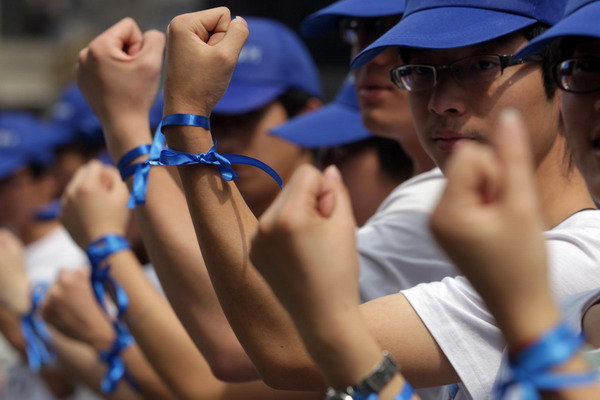 |
|
Volunteers raise their arms with blue ribbons tied to them during an event to promote caring for autistic people at a school in Wenzhou, East China's Zhejiang province, April 2, 2012. [Photo/Xinhua] |
None of the children bothered to look at their stickers, however, and some even broke out in tears.
The blue stickers, worn also by Teacher Pan, are part of a series of activities across China to mark a special day for these children -- the 5th World Autism Awareness Day, which took place this Monday.
The Golden Baby Special School which Pan Xuejun runs in the northwestern city of Lanzhou is one of few private rehabilitation centers across China that struggles to cater to the special needs of autistic children, against a backdrop of inadequate funding, lack of professionals, and public misunderstanding.
"Treatment for autism requires huge investments of both time and money, which many families can't afford," said Pan, the 37-year-old former kindergarten teacher.
"As a mother myself, I understand the pains of parents of autistic children," she said.
In 2007, Pan quit her job as at a Lanzhou kindergarten to establish Golden Baby. It is the first rehabilitation center for autistic children in the province of Gansu, a relatively underdeveloped region surrounded by inhospitable plateaus, prairies, and deserts in China's arid northwest.
Pan said she was almost "forced" to establish the center as anxious parents had nowhere else to send their children for systematic rehabilitation.
Parents of autistic children frequently face social stigma as many Chinese, with little or no knowledge of autism, think autistic children are just ill-behaved as a result of poor parenting, Pan said.
Autism is a neural disorder, characterized by varying degrees of impairment in communication skills and social interactions, and by restricted, repetitive patterns of behavior, according to health experts.
For decades, autism went largely undiagnosed in China and the Chinese government only recognized it as a mental disability in 2006. At least 1.5 million children in China have autism, as medical studies suggest the disease may strike one in every 166 children.
There is no cure or widely accepted treatment for autism. And most autistic children are not able to attend a normal school where they inevitably fall behind in their studies. Rehabilitation centers often double as schools.
But Pan did strike an optimistic note.
"Many people believe that autism is a life-long disease that cannot be cured, but the fact is that children have left my school healthier and happier," she told reporters. "Some even went on to normal schools afterwards. You'll be amazed by what they're capable of."
However, the task of keeping the rehabilitation running remains a challenge.
Pan said she invested 370,000 yuan, or about $56,000, of her personal savings to start the school. Five years on, it remains to be seen whether she will get any financial return from that investment.
Taking care of autistic children is challenging. Pan said many young teachers and caregivers have given up over the past five years because of the tremendous workload and the children's difficult behavior, which can sometimes be very violent.
"Autistic children may sometimes attack you," Pan said revealing scars on her arms. "It's never easy."
There is still no college or public school in China particularly trains people to teach autistic children. And a career as a teacher of autistic children is not appealing.
There are also times when Pan was so cash-trapped that she had to delay paying salaries to the center's teachers and workers.
The challenges Pan faces are common for caretakers of autistic children elsewhere.
In Tianjin, an industrial city south of Beijing, managers of an autism rehabilitation center complained that it is hard to register the center as an NGO and difficult to raise funds, and they can not rent offices large enough and invest in better facilities.
"Sometimes our children have to sleep on the mats spread out on the floor because we simply don't have enough space," said Huang Dongying, head of the Child's Noah Autistic Children Training Center in Tianjin.
In Ningxia Hui autonomous region, there are only three schools, two of which are privately run, for autism rehabilitation, but the number of children needing help exceeds 2,000.
In 2007, the United Nations General Assembly adopted a resolution declaring April 2 as World Autism Awareness Day, in an effort to draw attention to a pervasive disorder that affects tens of millions around the globe.
Pan said she hopes this year's Autism Awareness Day will help her center win more support from the government, and understanding from the general public.
Indeed, the China Disabled Persons' Federation declared in March that the government-sponsored association would give 36,000 impoverished autistic children aged three to six a subsidy of 12,000 yuan each by 2015. Aid pledges were also made by charity groups such as One Foundation, which was founded by movie star Jet Li.
The foundation, cooperating with 103 autism rehabilitation centers across the country, has organized a 40-day nationwide campaign from March 19 to raise public awareness of the mental disease. Buildings will go blue in cities, and online charity sales and street campaigns will also be held.
A spokesman for the foundation said, "we urge the public to care for people with autism, to help them reintegrate into the society, and to show them warmth and love."
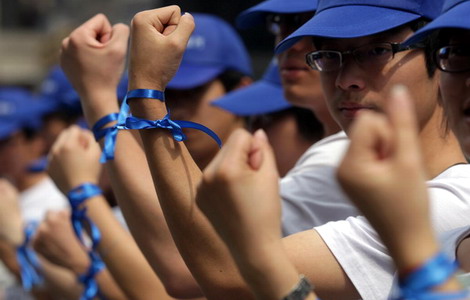
|

|
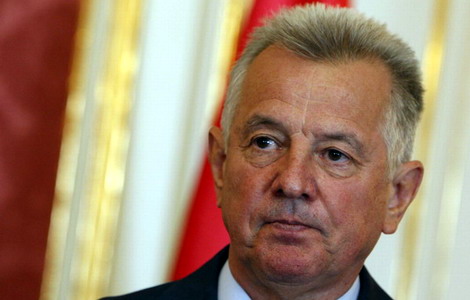
|

|
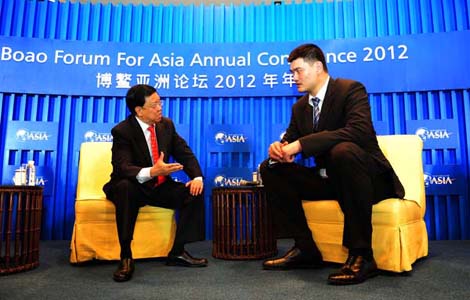
|
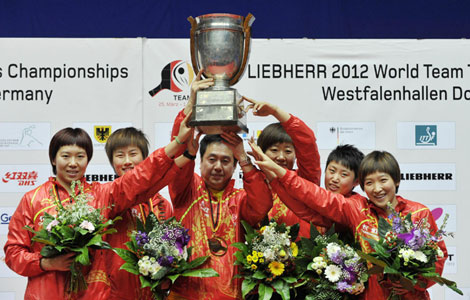
|